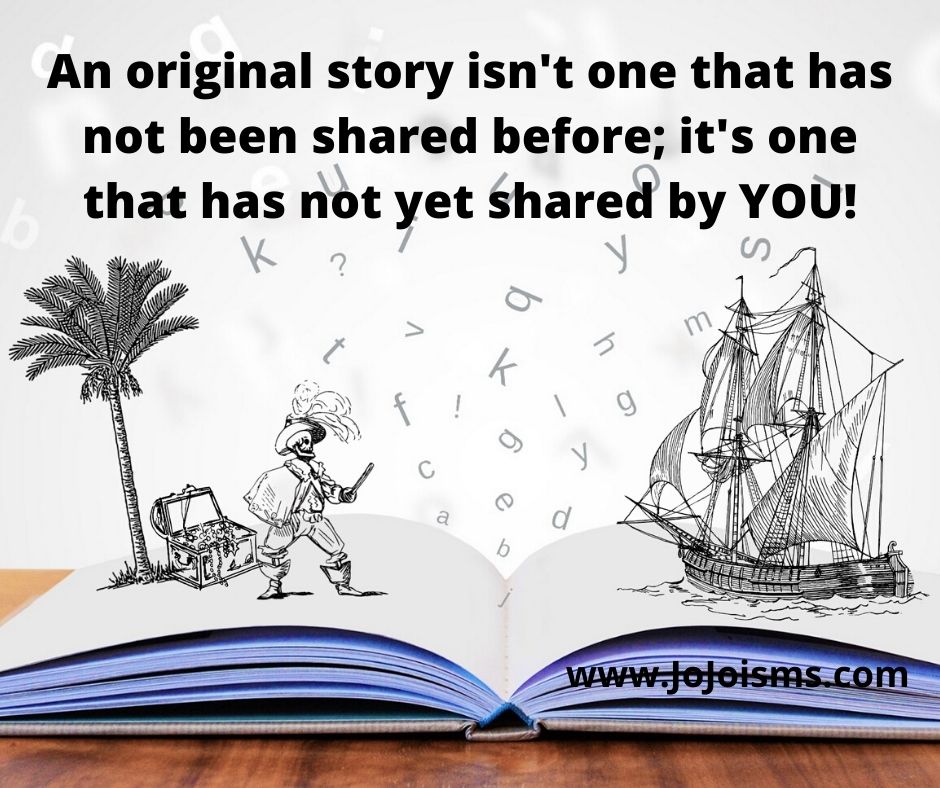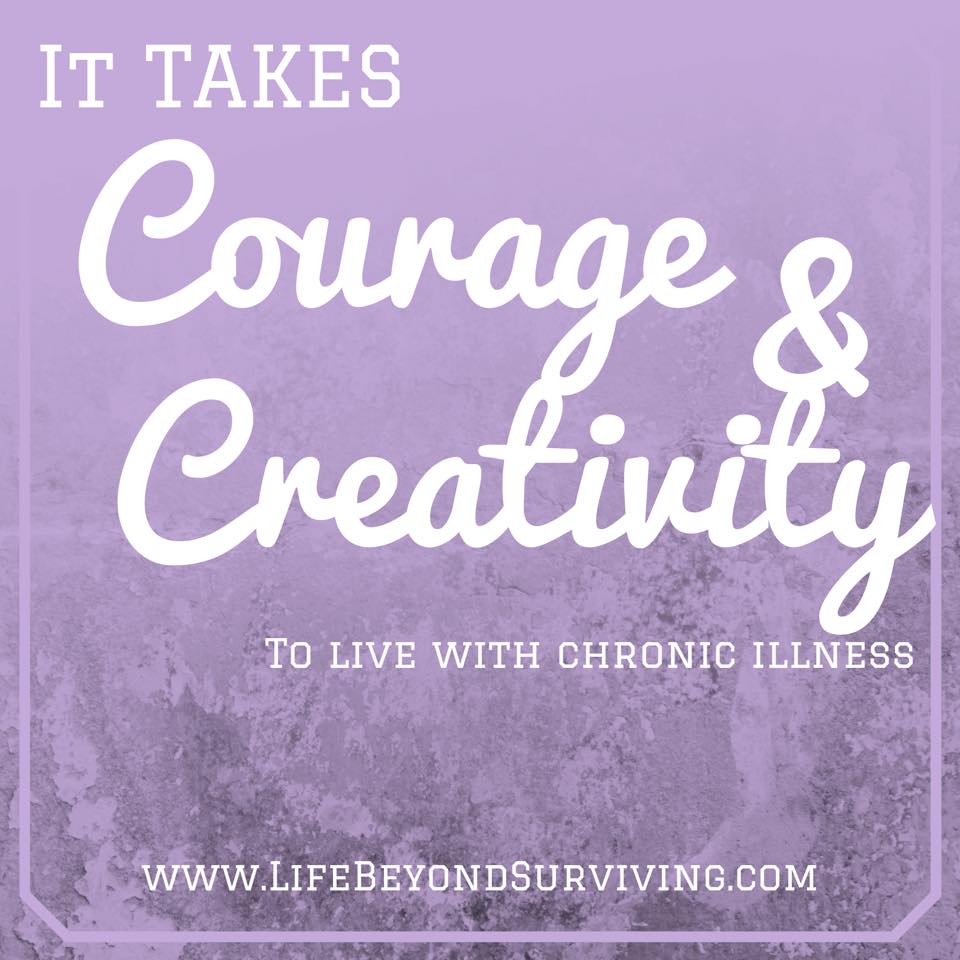When we’re going through something difficult, we often don’t see much progress. We don’t feel God near us or we don’t see an answer to prayer. Most of you, like me, have lived with chronic issues for a lifetime. My fatigue started when I was a child. I could never understand how other teens and pre teens had the energy to run around and even do chores.
As we go through difficulty, we get used to dealing with it as best we can. That’s good, but it’s just as often, bad. What I mean is, we get so used to being fatigued, to not being able to take a shower without having to rest, that we don’t even consider that anything could change and we may not even notice when it does!
Case in point, my weight loss journey. For those who are just joining me, here’s the background to get you up to speed:

I’ve been packing on the pounds for over twenty years. After delivering my son at the ripe old mom age of 37, I was thrust into peri menopause. It was both frustrating and frustrating.
What I mean is, it was frustrating because I was slowly adding poundage. I was a different kind of frustrated because that’s when the Hellish Hot Flashes started. I was all kinds of frustrated that my doctors (plural) would NOT believe I was actually IN peri menopause! And I was frustrated because no matter what I did, what I didn’t eat, how hard I tried to exercise, and how hard I tried, I just kept gaining!
After the hysterectomy four years ago, my weight gain took on Olympic proportions! I was now a whopping 152 pounds! That might not sound like a lot to YOU, but if you consider my stature or lack there of, is only 5′ nuthin’, it was quite astounding.
It took me 21 years to add the weight and I really had no idea how bad I looked til one day I got a glimpse of myself in the mirror. How could I be gaining all those years so much weight and having it make THAT much of a difference…and I not NOTICE??? It happened while I wasn’t really looking. A little at a time. Then, one day, I saw it and BAM!
So, I found my health coach and Mary and I got to work. I began losing weight but just a wee bit at a time so…I didn’t notice. My husband kept telling me that I was looking great, but when I looked in the mirror I still saw a fat me. Until…one day…
It was interesting to me how it went both ways, but that’s not the end of the story. While I was trying to lose the last five pounds of my menopause weight, I was pretty frustrated that my thighs and upper arms still had wagging rights.
However, as I was contemplating the pain level of squats and modified pushups, something amazing happened! My thighs were discovered social distancing! Yes! While I wasn’t looking, my thighs actually responded to…
EXERCISE!

I’ve been exercise intolerant for about 58 years, the sum total of my life here on Earth ever since the space stork dropped me off here. How could it be that I was FINALLY able to do some that actually worked? Answer? I dunno. I think it was just the combination of the incredible job Mary did with my weight loss that allowed me to have enough energy to actually DO any exercise and my husband’s suggestion that I try squats and modified pushups.
I’m both proud and ecstatic to announce that my thighs (and even my calves) are thinner than they have been since I can remember! I’m still experiencing more energy and fewer/less severe flares since my 31 pound weight loss. Meanwhile, I’m working on my upper arms and turkey waggle neck. Film at 11!
What I’d like you to take away is how many times we are actually MAKING progress, but not actually SEEING it. God works that way sometimes. Sometimes we are working hard at what we feel God has asked us to do, but we are not seeing the fruits of our labor. Sometimes we are doing something that WILL have a positive effect on our health, but we don’t see any progress.
Sometimes, we just have to keep looking before we can see it.





 You might be asking yourself why I’m starting with Job when the title says Paul vs Job. The answer is simple. Much more is written about Job and suffering than is written about Paul so it’s going to take me more time to gain a bit of insight into the lessons Paul has for those who struggle and, since it’s my blog…[sticks tongue out]
You might be asking yourself why I’m starting with Job when the title says Paul vs Job. The answer is simple. Much more is written about Job and suffering than is written about Paul so it’s going to take me more time to gain a bit of insight into the lessons Paul has for those who struggle and, since it’s my blog…[sticks tongue out] I’ve always been frustrated by well-meaning Christians who quote Job when someone is struggling in trial. It frustrates me mostly because I remember being deep in trial, overwhelmed, and frustrated at something that had been going on for years and would continue for the foreseeable future. My chronic health issues are incurable. They can be managed (and at present, they are managed fairly well), but they are not something I expect will go away. In fact, the older I get, the more difficult they become.
I’ve always been frustrated by well-meaning Christians who quote Job when someone is struggling in trial. It frustrates me mostly because I remember being deep in trial, overwhelmed, and frustrated at something that had been going on for years and would continue for the foreseeable future. My chronic health issues are incurable. They can be managed (and at present, they are managed fairly well), but they are not something I expect will go away. In fact, the older I get, the more difficult they become. You’ve probably had someone reply to your plea for support with a platitude or a quote from Job that went something like, “This too shall pass.” When you’re trial has lasted over seven years or you’ve been living with an incurable illness for over 30 or 40 years, it doesn’t help to hear that Job was blessed with even more than he had before Satan was allowed to take his wealth, health, and loved ones away. How long was Job’s suffering? It wasn’t a lifetime, but yours might be. I know mine has been.
You’ve probably had someone reply to your plea for support with a platitude or a quote from Job that went something like, “This too shall pass.” When you’re trial has lasted over seven years or you’ve been living with an incurable illness for over 30 or 40 years, it doesn’t help to hear that Job was blessed with even more than he had before Satan was allowed to take his wealth, health, and loved ones away. How long was Job’s suffering? It wasn’t a lifetime, but yours might be. I know mine has been.